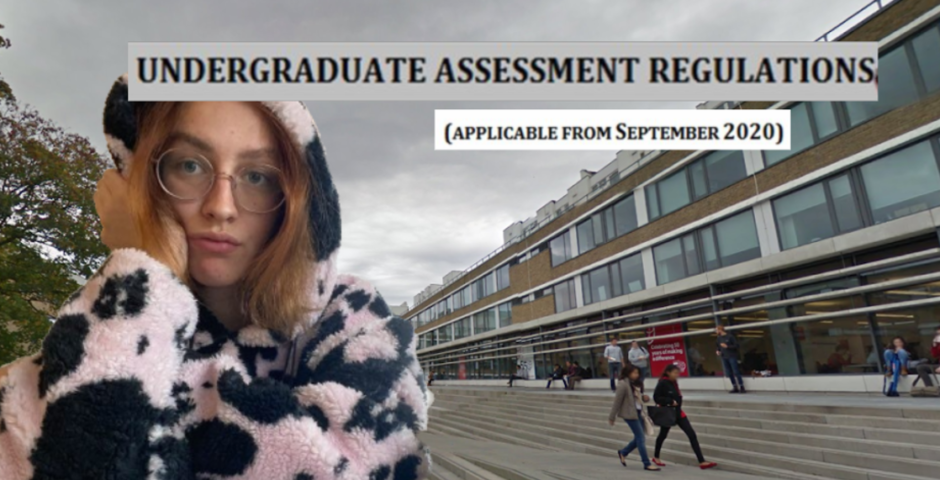
EXPLAINED: Lancaster University’s ‘Covid protection’ policies
What do the new policies actually mean for Lancs students?
In her final week of office, Lancaster University Students’ Union’s VP Education, Bee Morgan, launched the university’s new “Covid protection” policies in order to ensure that students would not suffer a detrimental effect on their education as a result of studying during the pandemic.
This a huge win for Lancaster students – despite the university not implementing the full “safety net” policy that over 1,000 Lancs students had petitioned for – but what do the policies actually mean?
Student Progression
Part I students (first years) will be able to move onto their second year if they achieve an average grade of 9.0 at the end of the year – this equates to an average of 37.5 per cent. However, if a course is acredited by an external body then the university cannot change the pass mark for this; meaning that if you do study an acredited course then the previous pass mark will still stand. In the past, Lancaster University’s progression mark has been set at 40 per cent, an average of 9.6 at the end of the year – so the progression mark has been lowered slightly as part of the “Covid protection” policies.
Borderline Degrees

Image via lusu
This is one of the more promising aspects of the new policies. It wasn’t specified by the Students’ Union exactly what the “ways” are to gain the upper class of degree in this instance, so we did some digging and we found out for ourselves.
In order for a student to graduate with a First Class degree, their final average must be 17.5 or over – just under 73 per cent. To be awarded an Upper Second Class (2:1) degree, then you need an average of 14.5-17.0, a minimum of 60.4 per cent. But what about those students on the borderline? If your final average is between 17.1-17.4 (between a 2:1 and a First), or 14.1-14.4 (between a 2:2 and a 2:1) then there are a few options to be awarded the higher of the two.
Option A: If you’re in the borderline then as long as half or more of your module grades in Part II were the higher classification, then you’ll be awarded the higher classification. For example, if you’re on the boundary between a First and a 2:1 and you take eight modules in second year and eight in thrid year, then as long as eight (or more) of the modules are graded as a First then you should be awarded a First.
Option B: Exam Boards are going to be making a case through the Assessment Review Board when your class of degree is different to the class you’d be given through a “strict application of the regulations.” However, these will be on a case-by-case basis for students where an individual’s circumstances haven’t already been considered.
Again, where the course is acredited by an outside body then these circumstances will not apply.
Resitting Exams

Nobody looks forward to resitting an exam
If a Part I student is required to be reassessed for a module in order to progress onto Part II of their studies then that resit examination will not be charged for. Domestic students would not normally have to pay to resit an exam, however international students in the past may have had to pay a fee at an assessment centre abroad in order to resit the examination – for the 2020/21 academic year, these reassements will not be charged, which could save students hundreds of pounds.
Even if a student resits an examination and fails the Part I module again, this module may be “condoned” anyway – this means that the university may forgive this, and allow the student to progress onto Part II of their studies anyway.
Mitigating Circumstances

Image via lusu
Students will be able to self-certify that they have struggled with mental health problems as a result of the pandemic, without needing to supply a note from a doctor – this saves students the money for a doctor’s note, as well as relieving some pressure from students, too. Lancaster University’s Exceptional Circumstances page also explains that: “Exam Boards will have additional checks in place when considering results to ensure that adverse effects of the pandemic are taken into account.”
Lancaster University’s full Academic Regulations and Procedures for 2020/21 can be found here.
Related stories recommended by this writer:
Deputy VC’s response to ‘safety net’ petitions proves student wellbeing isn’t a priority
Students confirmed to be at Lancaster warehouse party
Lancaster University offers another £400 ‘goodwill’ payment to rent strikers









































